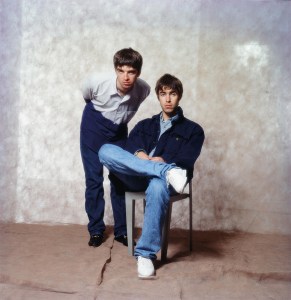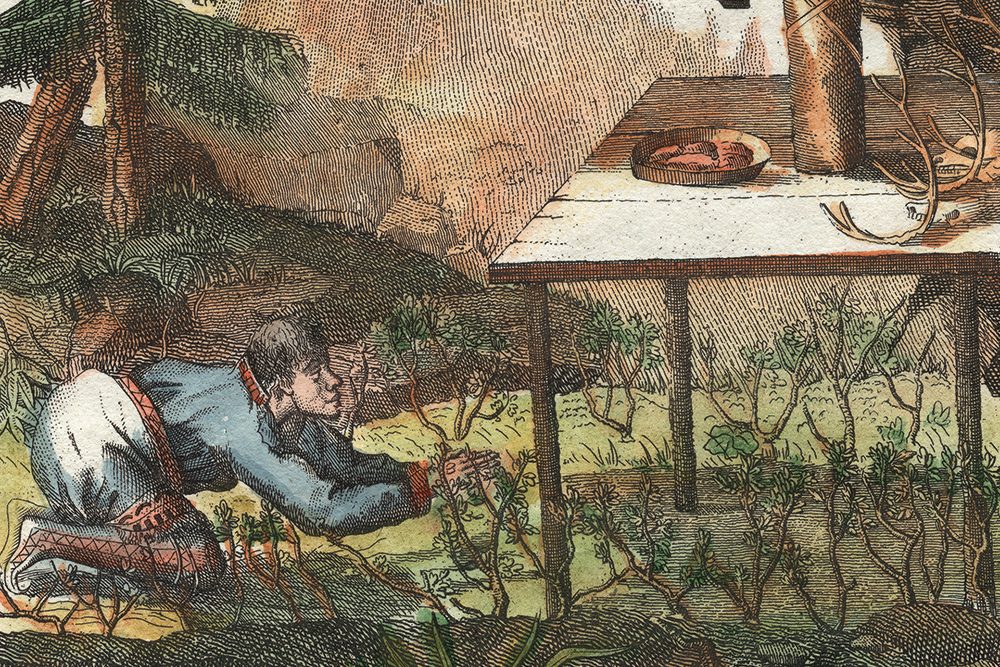Get ready for more of Less: Andrew Sean Greer’s hapless novelist is back on the road. First things first: you need to have read Less, Greer’s Pulitzer-winning first outing for his creation, to appreciate this slighter but equally charming sequel. That’s no hardship. Less was hilarious and humane: a hymn to second acts. In it, Arthur Less — a tentative, faded Battenberg blond-and-pink man, around whom embarrassments and misunderstandings coalesce — scuttled across the world to avoid facing his fiftieth birthday and the wedding of his long-time lover Freddy to someone else, both imminent.
In Less is Lost, Arthur has a stranger and scarier destination for a West Coast homosexual: America’s heartlands. He’s trying to avoid losing the “Shack,” his San Francisco home, by cashing in on an unexpected flurry of paid work: writing a profile, visiting a theatre troupe, judging a literary prize and delivering a lecture tour.
There are many familiar faces. This time, H.H.H. Mandern, the eccentric sci-fi novelist with a fanatical following, coerces Less into a quixotic road trip in an RV called Rosina. Robert Brownburn, Arthur’s former lover, poet and Pulitzer-winner (how neat!), remains a powerful presence, and absence. Freddy — back with Arthur but also quite cross with him about the Shack and other matters — narrates, somewhere between tenderness and exasperation, as he did Less. Various others, and their words and actions, resurface along the way.
That’s why this is a book for “Lessologists” (a coinage of Freddy’s). It’s a sequel for those who are already sold, referencing and reprising what made the original so winning. There’s slightly less on the minor humiliations of the “Minor American Novelist,” which I think is wise, avoiding the in-jokiness of anecdotes about readings and author Q and As. Instead, Arthur mainly stumbles into more relatable, if esoteric, mishaps: being unjustly expelled for flooding an Arizona cult, accidentally choosing a song called “Rednecker” on an Alabama bar jukebox, or wrangling a life-sized theater prop saint in a Georgia trailer park.
There’s a poncho, and a pug, but there’s meatier stuff too. Losses, big and small (a pen, a parent), breadcrumb Arthur’s haphazard path. The reappearance of his absentee father provokes reflections on family and forgiveness; and the continuing froideur with Freddy allows Greer to explore the insecurities, temptations and salvations of later-life love. This is also a book about America, its foundational myths around identity and belonging and the relationship between people and place.
Greer does beautifully what Arthur’s poet lover exhorted him to do: “pay attention.” His magpie eye alights on sparkling road trip non-sequiturs: possum festivals and blended “pie shakes,” gaslit colonial villages and stalls selling geodes, gems and “FOSSILS! in a font of pure amazement.” He’s inspired, too, by American beauty: jolie-laide landscapes, wild skies and the shimmering strangeness of desert. “America Looks Fine From Here” is the title of the profile Less eventually produces, and it does.
If you read with the same quality of attention with which Greer writes you’re rewarded: he tucks away references and repeat phrases like Easter eggs for the careful reader. Is it bad form to mention a twist? Apologies if so, but on rereading I realize something surprising was slyly, subtly signposted.
Mainly, though, it’s huge fun. Greer’s delight in language and the comedy of incongruity is infectious. Arthur’s father, an “earthbound anemone” in fringed denim, is arrested for “indecent congress with a satellite dish” (never explained). A mediocre funeral choir is dubbed the “OK Chorale” and there’s a recurring joke about Celine Dion singing hard rock hold music. Pain and slapstick cohabit, as they do everywhere and always.
I suspect Greer isn’t done with his creation (Less’s mother’s story looms, like Chekhov’s gun); I hope not. “This dish I will not eat twice,” a waspish Czech editor says, warding off Arthur’s renewed attempts to speak deliciously mangled German. But it’s a dish I’ll happily eat as often as Greer wants to serve it.
This article was originally published in The Spectator’s UK magazine. Subscribe to the World edition here.

























